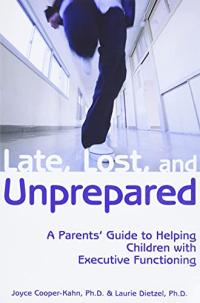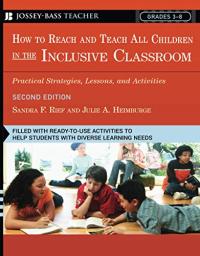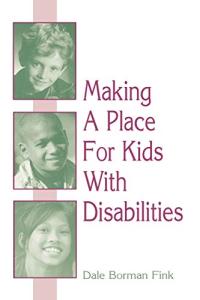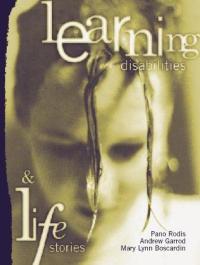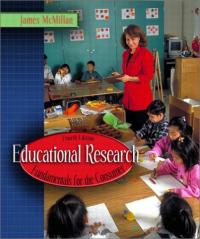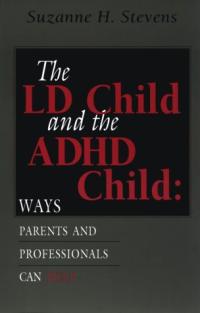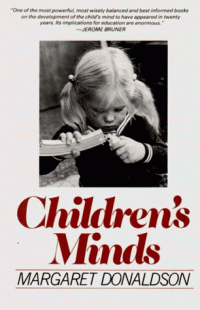
Children’s Minds
How and when does a child begin to make sense of the world? Why does a lively preschool child so often become a semiliterate and defeated school failure?
Developmental psychologist Margaret Donaldson shows that much of the intellectual framework on which we base our teaching is misleading. We both underestimate the astonishing rational powers of young children and ignore the major stumbling block that children face when starting school.
Given a setting and a language that makes sense to them in human terms, very young children can perform tasks often thought to be beyond them. The preschool child learns everything in a human situation. Only in school is he asked to acquire skills―reading, writing, arithmetic―isolated from a real-life context. This transition is difficult.
The author suggests a range of strategies that parents and schools can adopt to help children. She argues that reading is even more important than we have thought it to be, since learning to read can actually speed children through the crucial transition.
